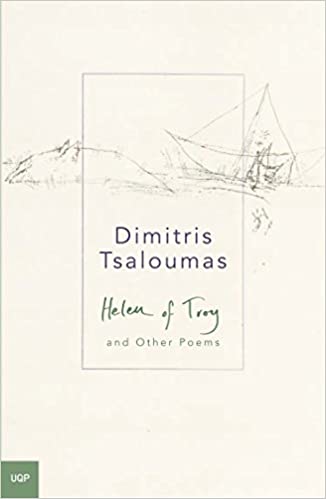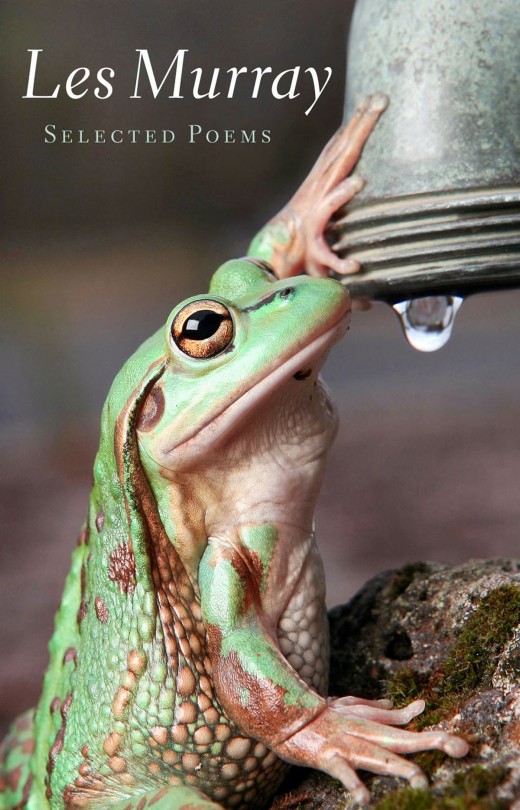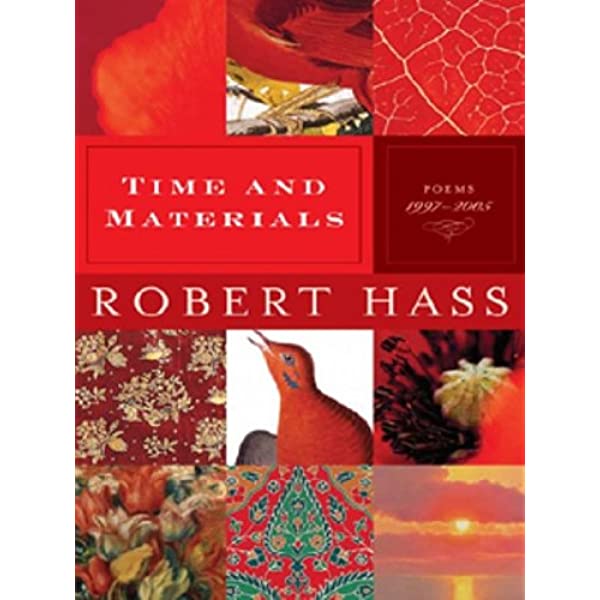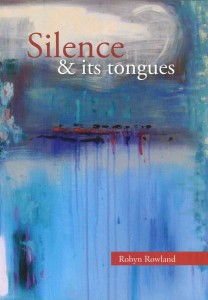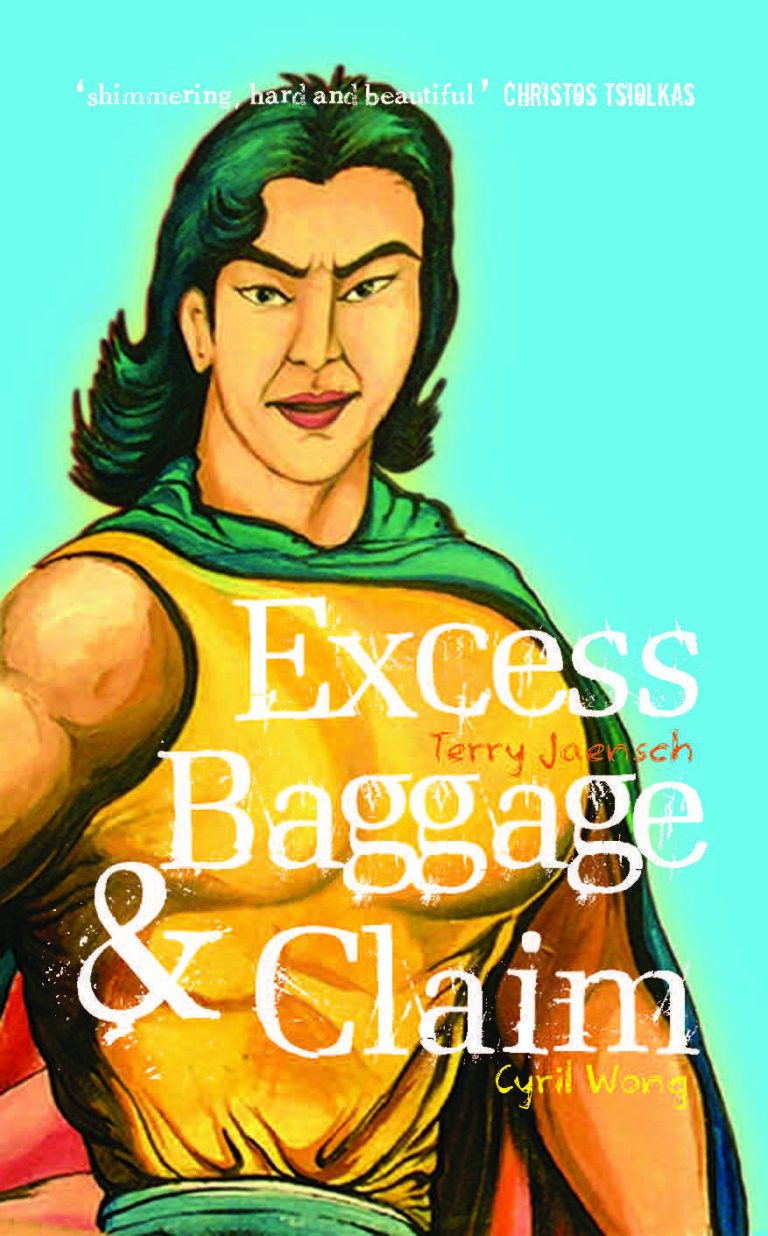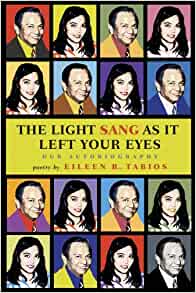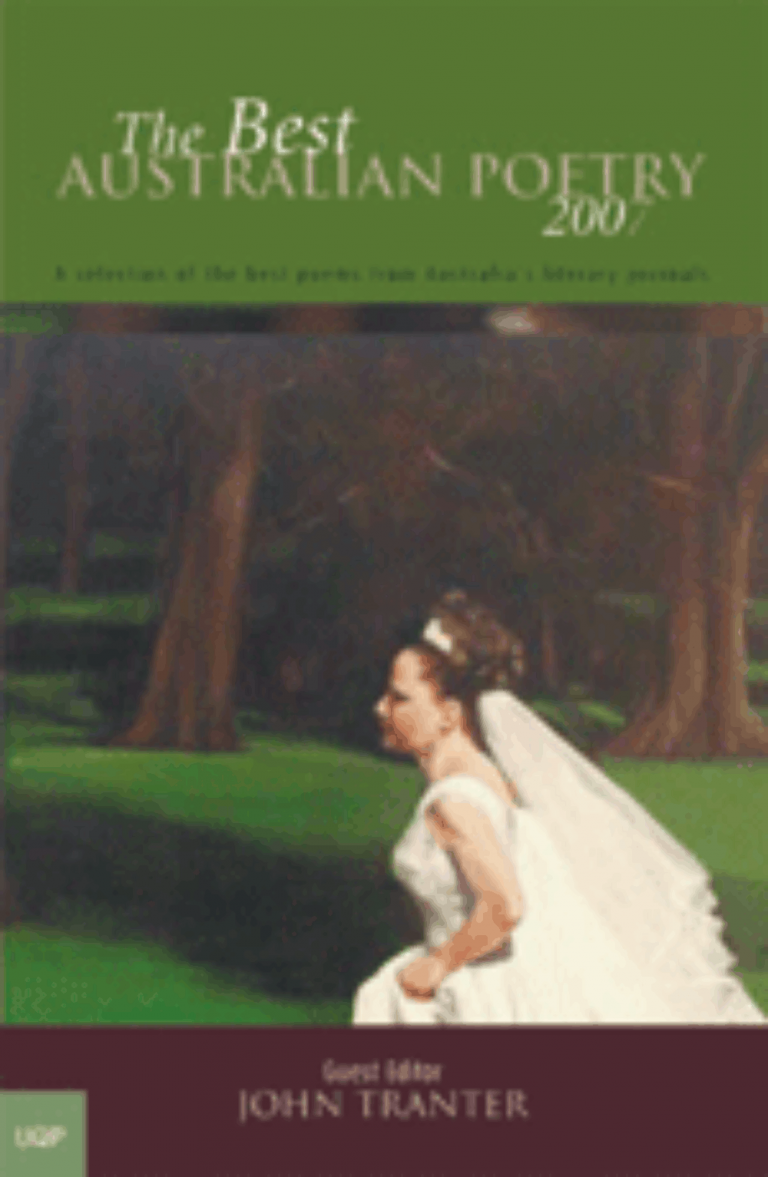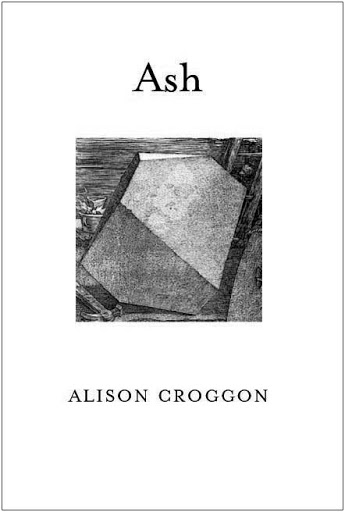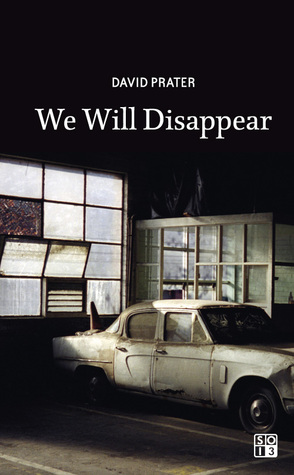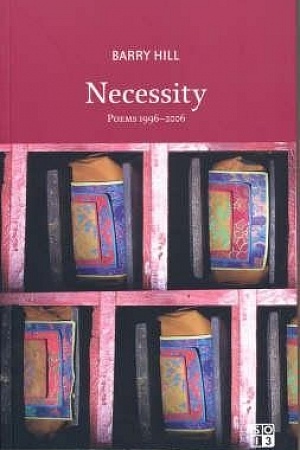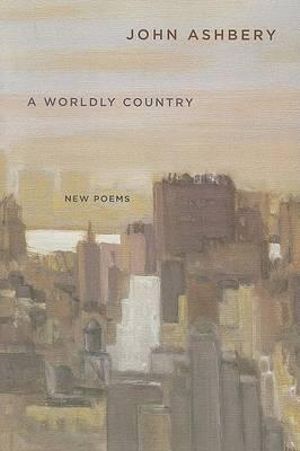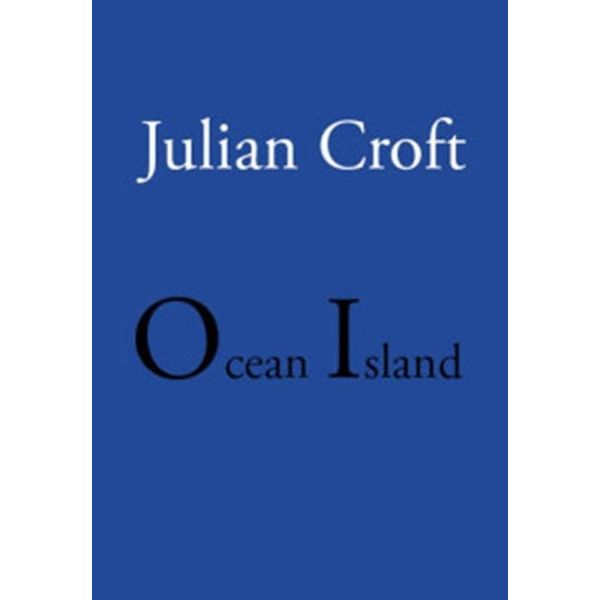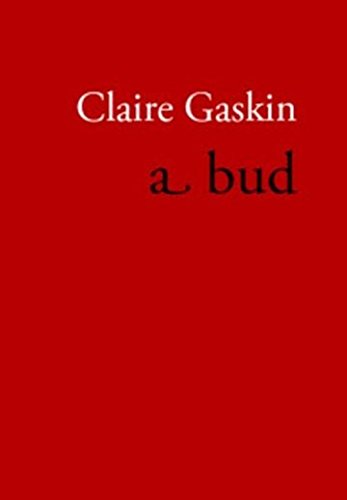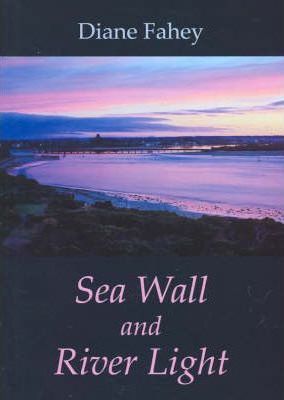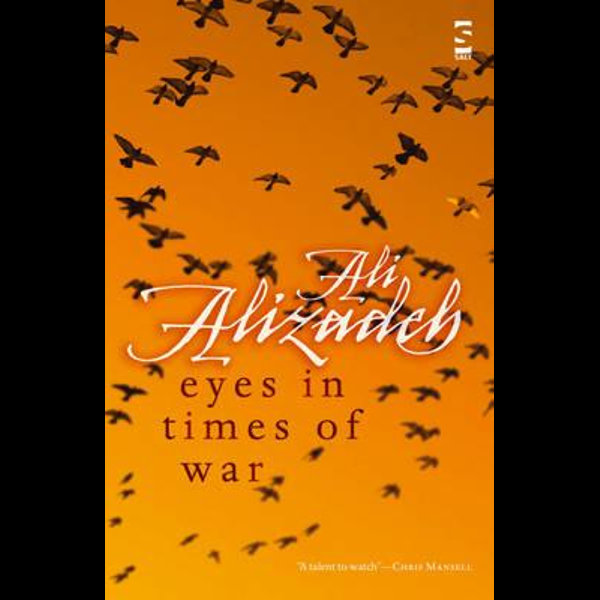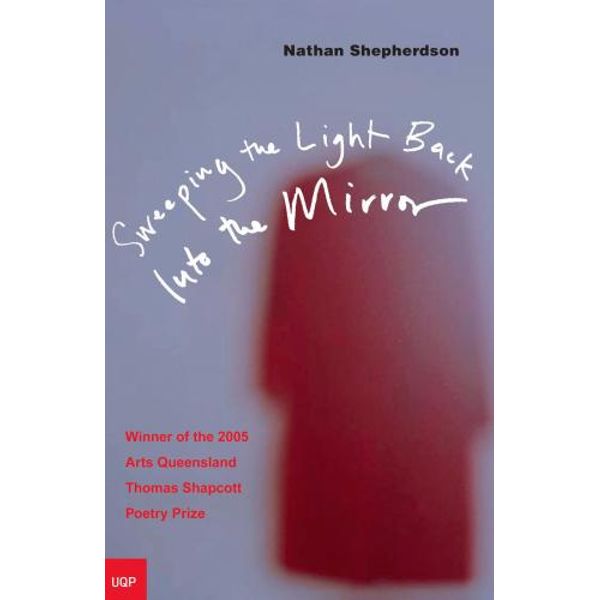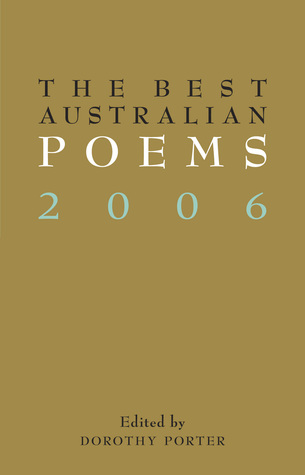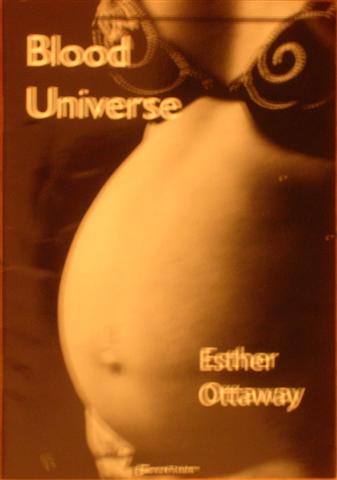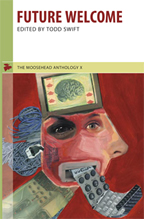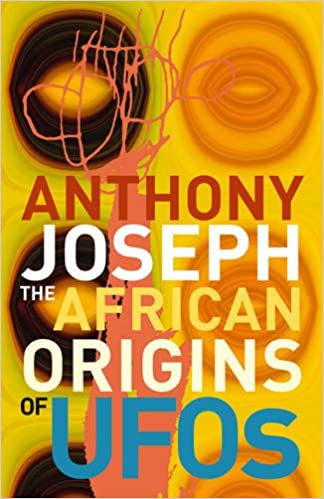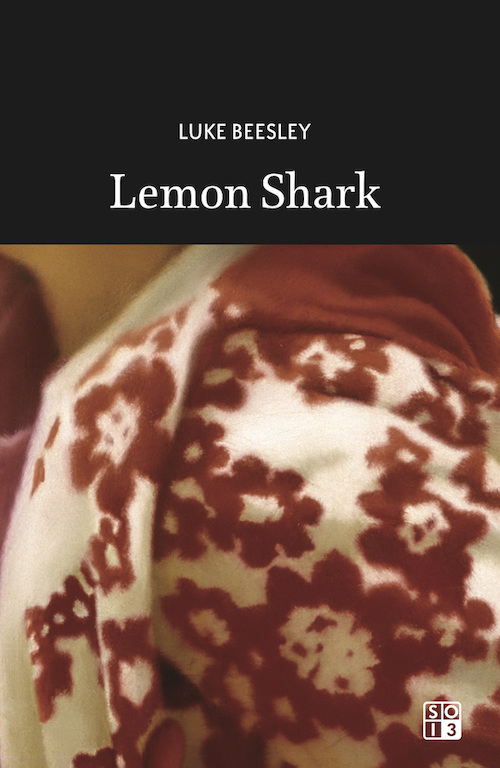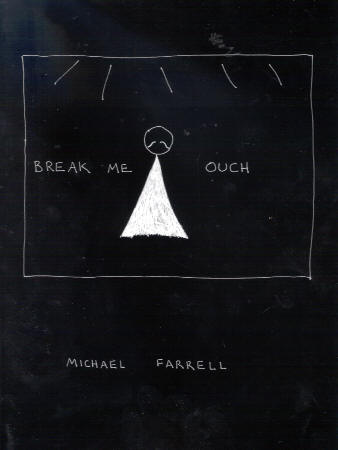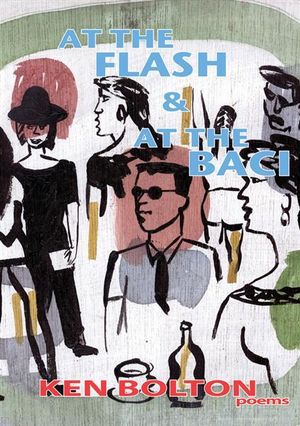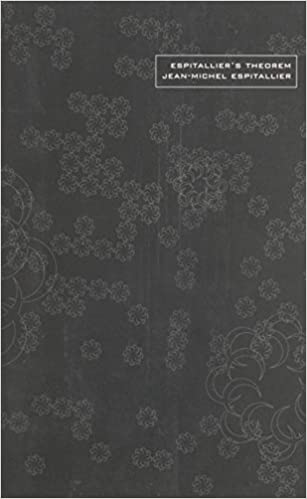BOOK REVIEWS
Ali Alizadeh Reviews Dimitris Tsaloumas
In a recent article titled 'Only Pinter remains to question authority', English literary theorist and thinker Terry Eagleton bemoans the decline of politically-engaged writing in English. He criticises, among others, the once radical, now conservative migrant writers like V.S. Naipaul and Salman Rushdie who, after an initial period of producing exciting work, have become 'more interested in adopting than challenging the conventions of their place of refuge'.
Gus Goswell Reviews Les Murray
One of the most revered, most hated, most praised and most criticised figures in Australian literature, Les Murray is Australia's best-known living poet. He has been awarded the Mondello prize, T.S. Eliot Prize, Queen's Gold Medal for poetry and many other local and international titles. In 1999 he helped John Howard draft a preamble to the Australian Constitution.
Nick Powell Reviews Robert Hass
'Poets are turtles', the American poet William Matthews once remarked, meaning that with few exceptions, the good ones mature slowly, often producing strong verse into their sixties, an age that he, unfortunately, didn't reach. Matthews shared with Robert Hass a rare skill for the long, intricately made, rhythmic lyric, which Hass has been perfecting for over thirty years.
Jessica Alice Reviews Robyn Rowland
Striving to decipher the vast desolation of silence is – as Robyn Rowland has us so emphatically experience – a 'difficult' journey, to say the least. Her latest collection of poems, Silence & its tongues, expresses this not only as a 'cold' language, but also an elusive one; varied in the boundless possibilities of voice, tone and dialect.
Moses Iten Reviews Paul Hardacre, Terry Jaensch and Cyril Wong
Although Love in the place of rats and Excess Baggage and Claim – both published by the independent Melbournian press transit lounge – arrived in the mail together, it was the disquieting title of Paul Hardacre's second poetry collection that grabbed me first.
Nicholas Manning Reviews Eileen Tabios
In this new century, the writing and rewritings of the poetic self seem to be at the crux of a burgeoning genre; a genre in which the self is less a 'basis' for certain convictions about 'what poetry is' than an opening: an aperture or aporia to diverse inventions, collaborations, languages, traditions, and histories. Seeking diversity over singularity, this 'radical autobiography' seeks articulation across many forms, genres, dialects and discourses.
Heather Taylor-Johnson Reviews The Best Australian Poetry 2007
Anthologies which wrap up the year's 'best' are always greatly anticipated. We want to be reacquainted with our favourite poets, see what sort of spin they've taken on our world during the past twelve months. But of greater interest is often the introduction to new writers. We're curious if the poets who have recently found their way into small press publications have made the cut.
Angela Meyer Reviews Alison Croggon and Lucy Holt
Of the two chapbooks under review, Lucy Holt's exquisitely crafted poetry in Stories of Bird pecks at single moments, both from an intimate as well as a bird's-eye view. Her use of symbolism is focused and sensory. Hers are deep and personal poems, with some empathetic politics, that draw the reader in. Alison Croggon's chapbook Ash, on the other hand, speaks with a more despairing voice.
Ryan Scott Reviews David Prater and MTC Cronin
It would be unfair to David Prater and MTC Cronin to construct some tenuous link between their new collections for the sake of this review: each volume is stylistically unique, showcasing two skilled, albeit different, voices on the Australian poetry scene. While in Prater we have a poet for the digital age who can twist its soundscapes and textures and still retain an artistic core, in Cronin we have an author who demonstrates again her understanding of timeless themes such as pain, loss and love, and attests to their permanence.
Liam Ferney Reviews John Ashbery
At an athletics meet in Salamanca in 1993, Cuban high jumper Javier Sotomayor began his run up with a customary sprint that mellowed into half-a-dozen languid, bouncy strides. His best leap that afternoon was an improbable 2.45 metres bettering his own world record for the second time in six years. After almost a decade and a half, the record remains unbroken.
Felicity Plunkett Reviews Julian Croft and Yve Louis
Watching waves breaking on the shore, the rhythms that emerge are, of course, only part of the larger pattern of the ever-mobile natural world we seem to observe. The poems in Julian Croft's Ocean Island suggest the occluded and multifarious that lies beneath the surface, gesturing towards the tidal, and larger worlds that dwarf human concerns.
Paul Mitchell Reviews Claire Gaskin
There is no firm ground in Claire Gaskin's new collection, A Bud. If you're looking for poetry that announces itself as a place to have your psychic tremors explained, your yearning reflected or your misappropriations mended, look elsewhere.
Andy Jackson Reviews Carl Rickard and Diane Fahey
Carl Rickard's Lost Places and Diane Fahey's Sea Wall and River Light are distinctly Australian, both in their themes and as products. They indicate something about how writers living in Australia see their place in the world, and how they try to make themselves heard.
Heather Taylor-Johnson Reviews Luis Gonzalez Serrano and Ali Alizadeh
If Australian poetry is meant to reflect the lives and times of the people who inhabit this red and green land and its blue surf turf, then it is essential that the diminutive canon embrace the émigrés. They are the voices of a multi-culturally inclusive (or exclusive, as sometimes the case may be) society and what is truly unique is that they have a certain amount of inherent distance from the Australian culture which enables them to go where others have not the means to consider.
Bev Braune Reviews Peter Minter and Nathan Shepherdson
Peter Minter's latest book blue grass and Nathan Shepherdson's début collection Sweeping the Light Back into the Mirror work with extraordinary images to convey the demands made on memory for accuracy in its language. Both poets set out, deliberately, to interrogate such a language and its subsets – naming, recognition, and the calculation and politics of categories.
Heather Taylor-Johnson Reviews The Best Australian Poems 2006
I've long been a fan of Dorothy Porter, the poet, and I can now say loudly and proudly that I am a fan of Dorothy Porter, the editor. Skimming through the index, I am immediately impressed by the range of texts drawn upon to assemble the collection. The poems were not all plucked from the 'best of the best', and this, I am confident, attributes to the range in voice.
Nicholas Manning Reviews Claire Potter and Esther Ottaway
It's difficult not to detect an implicit whiff of politics in Poets Union's choice of two rather different poets for their 2006 Young Poets Fellowships. The coupling of Claire Potter and Esther Ottaway seems to incarnate a certain intriguing editorial magnanimity, a technique that might be termed that of 'covering all bases'. On the one hand, Poets Union can in no way be accused of neglecting an open, communicative and fundamentally accessible poetic, because they have Ottaway; but nor can they be accused of neglecting a more 'experimental' tradition, because they have Potter.
jeltje Reviews The Moosehead Anthology X
For the 2005 (and tenth) issue of the Canadian Moosehead Anthology guest editor Todd Swift has added an X ('the X-Files aspect') to the publication's title. Although retrofitted with fifties B-grade movie genre characteristics and preoccupations, it claims to deal with 'exceptionally pressing contemporary issues, images and invasions'; and the editor muses on the possibilities of a new 'B-grade' genre of poetry and prose which, like the fifties sci-fi and horror movies, would manage to break through the surface 'to speak of the hopes and fears of the time'.
Ali Alizadeh Reviews Anthony Joseph
One of the great challenges facing artists from post-colonial and/or ethnic minority backgrounds is meeting the demands of two potentially conflicting ideals. As surrogate – and often unwilling – cultural ambassadors, such artists are required to be 'responsible' and represent the reality of their communities/ethnicities for a mainstream Western audience; but as artists they need to be adequately 'irresponsible' in order to produce provocative new works that do not merely replicate but (as Russian Formalists would have it) violate reality.
Tim Wright Reviews Luke Beesley and B. R. Dionysius
'The shape of sunlight cutting up your arm'. This was the line that first drew me to Luke Beesley's work. Around the same time I read a biographical note that mentioned how Beesley had written many of the poems in a light-filled studio in the middle of Brisbane. There was the suggestion that light had entered the poems in some way, and I liked the idea that poetry could do that.
Adam Ford Reviews Michael Farrell
I've been puzzled by Michael Farrell's poetry for a long time. Sometimes I think I get it; but his writing is mercurial, and for every one of his poems that I've understood or enjoyed, there's another that leaves me cold or just confuses me. It's impossible to decide whether Farrell is doing something incredibly formal and intellectual that I'm not smart enough to understand, or whether he's tricking his reader into thinking that there's something deeper taking place when he's in fact only mucking around and playing crazy games with language.
Heather Taylor-Johnson Reviews Ken Bolton
The best way to read Ken Bolton's poetry is to sit down and read Ken Bolton's poetry. Trying to decipher or even appreciate his style can be frustrating if the reader is only given the odd poem in a random literary magazine; and such a reading could result in Bolton appearing indulgent in his verse, perhaps working too hard (or not hard enough) at being clever.
Nicholas Manning Reviews Jean-Michel Espitallier
To begin with a tentative hypothesis: what is taken from mathematics, in its application to literature, is by definition never its “content”, its undeniable positivism, but rather its formal elements: patterns, figurations, configurations, molds, models, fractals. Mathematics, seen in poetic terms, is thus largely concerned with such questions as the same and the variable, the one and the multiple, the arbitrary and the contingent; and whereas for mathematicians such questions are mere means to achieve verifiable solutions, for poets, they become unique and autonomous ends.

